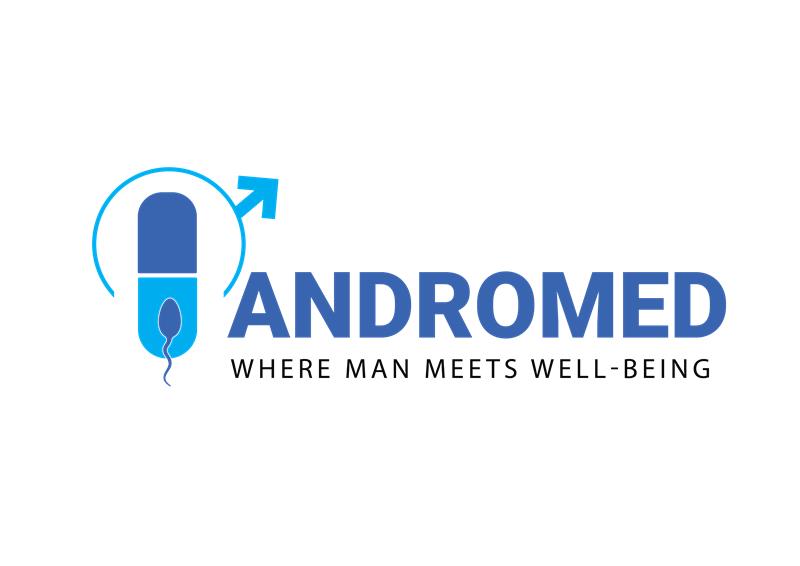Symptoms of Varicocele
Varicoceles can cause several symptoms, including pain, swelling, and a feeling of heaviness in the scrotum. In some cases, varicoceles can also lead to infertility, as the reduced blood flow can damage the testicles and impact sperm production.
Testes are placed in scrotum which is outside the abdominal cavity (unlike in women). This is for a reason that temperature here is lesser than the core body temperature. This is achieved by counter current mechanism contributed by multiple veins around the single testicular artery which dissipates the heat. This is lost in varicocele and can cause damage to testis and hence to the sperms.
Causes
Even though the precise etiology of varicoceles is not fully understood, it is thought that a mix of hereditary and environmental factors may be at play. Being overweight, engaging in strenuous exercise, and having a family history of varicoceles are risk factors for getting them.
Diagnosis & Treatment
Clinical examination by an experienced andrologist or urologist is the best way to detect a varicocele. An imaging test such as a scrotal doppler ultrasound may be used to confirm varicocele in specific circumstances. The severity of the ailment and whether it is producing symptoms or fertility issues will determine the best course of treatment for varicoceles. Not all varicoceles need surgical treatment.
In other circumstances, especially when you are not yet married and pain is the only problem, it may be adequate to merely keep an eye on the illness and treat symptoms as suggested by the doctor. An operation might be required to address the issue and increase fertility if varicoceles are the cause of infertility.
Procedure
A small incision is made in the groin during a microsurgical varicocelectomy, and the afflicted veins are identified and isolated under an operating microscope. These veins are tied and cut so that excessive backflow in the veins around the testis is reduced. The most important aspect of this surgery is that the testicular artery has to be preserved because this is the lifeline for the testis and should not be damaged. This is done with the help of a microvascular intraoperative doppler. Care is also taken also not to damage the vas deferens which is the tube carrying the sperms and small channels called lymphatics. These are most precisely and accurately done using an operating microscope and prevents harming the delicate structures in the scrotum. Additionally, it causes less tissue stress, which lessens the chance of problems and shortens the healing period.
Recovery
The patient can normally leave the hospital the same day after having a microsurgical varicocelectomy because it is typically carried out under short general anesthesia and we routinely perform it as a day care procedure. After the treatment, there is typically a 1-month recovery period, during which patients are recommended to refrain from heavy lifting and intense activities. But the individual can do daily work and return to desk job even from the next day of the operation.
Benefits
For men who have been battling with infertility owing to varicocele, the advantages of microsurgical varicocelectomy include higher sperm quality and enhanced chances of conception. Varicoceles-related pain and discomfort may also be relieved by the surgery. Varicocele can also be the cause of repeated abortions after spontaneous or assisted conception and surgical repair of varicoceles have been shown to result in successful pregnancy.
In conclusion, microsurgical varicocelectomy is a highly successful, minimally invasive treatment with a low risk of consequences for treating varicocele and is the standard of care as of today. It is crucial to discuss your choices for diagnosis and treatment and go ahead with microsurgical varicocelectomy, after discussing with your doctor.


